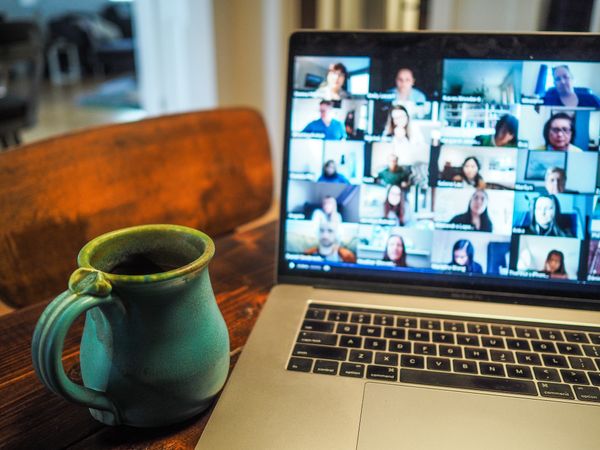Survey reveals 92% of independent agencies favour collaborative working trend





A recent study has uncovered how the UK creative sector has turned to collaboration in response to the pandemic – with 92% of independent agencies having either collaborated with another agency on a brief during lockdown, or would now be happy to, should the opportunity arise.
The main reasons behind marcomms companies favouring this joined-up approach, it seems, are to fill skills gaps their team doesn’t have (77%), provide the best client experience (44%), aid creativity (33%) and foster a more flexible working culture (17%).
Only 8.5% confessed to preferring to keep all projects in house.
The survey also found the creative sector has continued to thrive, despite the social and economic challenges – with 81% of agencies winning work virtually for the first time ever.
The research – which quizzed small and medium-sized independent agencies throughout the UK – was carried out by virtual agency network Pimento, in association with the Public Relations and Communications Association (PRCA), Marketing Agencies Action Group (MAAG) and independent communications collective, Harbour.
Other revelations from the survey include almost half of agencies (44%) disagreeing that colleagues need to be in the same physical place to be creative.
But with collaboration remaining a hot topic – and 53% of respondents revealing they now have spare space in their current premises for additional bodies – this perhaps goes some way to explaining why 77% of people said they would consider sharing offices with another agency.
When commenting on the results, CEO and founder of Pimento, Stephen Knight, said: “The pandemic has uncovered the power of virtual communications more than ever. And while agencies were collaborating years before COVID-19, the current situation has highlighted the need to accelerate this, in order to thrive in the current climate.
“As the research indicates, harnessing the era of the specialist is crucial for agencies. Every business has a niche – something it’s really great at – and joining forces with other professionals to deliver clients’ projects, not only helps foster high-quality output, but strengthens the foundations of our industry as a whole.”
The results also showed a shift in agency mindset when it comes to preferred working locations. 60% of respondents confessed to working mainly from the office prior to lockdown, whereas 72% admitted they will now look to split their 9-5 time between the office and home.
Only 15% of people want to continue working from the company headquarters full time, while 17% want to permanently operate remotely.
“Agencies are clearly continuing to adapt the way they function, in order to remain buoyant in the marketplace – with many challenging the ‘traditional’ office concept”, Stephen added.
“Creativity doesn’t just happen due to being in the same four walls as your peers, it’s the people and their skills which bring briefs to life – no matter where they are in the world. And the fact so many agencies have teamed up – and are open to sharing projects – as a result of lockdown, is a trend we’ll definitely be reading more about over the coming months.”